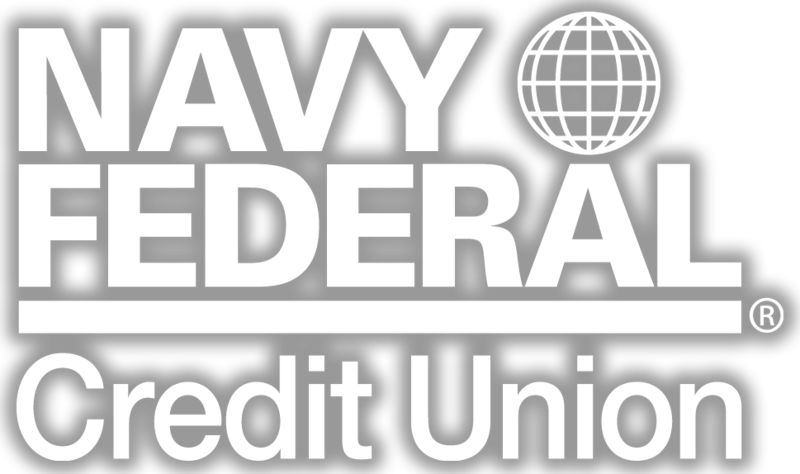A college degree can unlock a world of job opportunities. In fact, many employers look for college-educated workers. But financing a college education and tackling student loan debt is an issue facing many Americans today, including servicemembers and their families.
According to the Debt.org, student loan debt is up to $1.4 trillion, which even exceeds credit card debt!
Let's say you're interested in higher education, or maybe you have a family member that is. You'll need financing options. And if you already have student loans, there are ways to adjust your terms. Here are a few ways you can approach the situation.
Take Advantage of "Free" Funding
Look for funding options you don’t need to pay back. Programs like the Post 9/11 GI Bill cover servicemembers for college tuition and expenses. In some cases, you may be eligible to receive 100 percent tuition coverage, a monthly housing allowance and a stipend for books and supplies. It all comes down to your length of service.
If you don’t use any or all of your GI Bill benefits, you can transfer them to your family members including your spouse or dependents. But with the average cost of tuitionranging around $9,410, the chances are slim that the GI Bill will cover expenses for you, your spouse and your children.
Take advantage of grants and scholarships if you can. These are typically offered through the federal and state government as well as schools and nonprofit organizations. Grants tend to be based on financial need, whereas scholarships are awarded for accomplishments or merit.
Funding Through the Fed
Your next stop for funding should be federal loans. These loans are set at fixed interest rates and offer certain protections such as fixed payments, lower rates and different repayment options that can be helpful after you get out of school. You can apply for federal loans by completing the Free Application for Federal Student Aid, also known as the FAFSA.
However, there is a limit to how much you can borrow from the federal government. If you reach that point you know it’s time to check out private student loans.
When Federal Loans Aren't Enough Private student loansare usually offered through financial institutions and cover the same types of expenses such as tuition, books and travel to and from school. Students are able to apply for private student loans on their own, but they may secure a better interest rate with a credit-worthy cosigner. Just make sure all applicants understand the loan completely.
A student loan is often the first loan product for a young borrower. They’ll need to understand the terms of the loan before signing on the dotted line.
Consolidating Your Loans
Let’s say you’ve already got your degree, and you’re making payments on your student loans. There are ways to make managing those monthly payments easier.
Consolidating means adding all of your student loan balances together, and then refinancing the total into one loan with one monthly payment. This may also change how long and how much interest you pay on the loan.
If you’re looking to pay off your loan quickly with less interest, you may choose a shorter term. If you’re looking to balance your monthly budget, you may choose a loan with a longer term. The idea is to make consolidation work for you.
If you’re a service member who went to college before enlisting in the military and are currently carrying student debt, check your SCRA benefits before refinancing your student loans.
Bottom Line
When it comes to funding education start with sources of that don’t need to be paid back, like the GI Bill. Next, check your options through the federal loan program, and then look to private student loans.
If you’re already making payments on your student loans, remember refinancing is an option, but make sure it works for you and your budget.
A college education is an investment in your future for both you and your family. Don’t be afraid to talk to your trusted financial institution to see what advice and products they have for you.
You may also like:
- class="MsoNormal">Can Student Loan Consolidation Lower Your Monthly Payments?
- class="MsoNormal">8 Financial Tips for Recent College Grads
- class="MsoNormal">How You Can Build a Portfolio to Cover Education Costs
Navy Federal is federally insured by NCUA.
.






